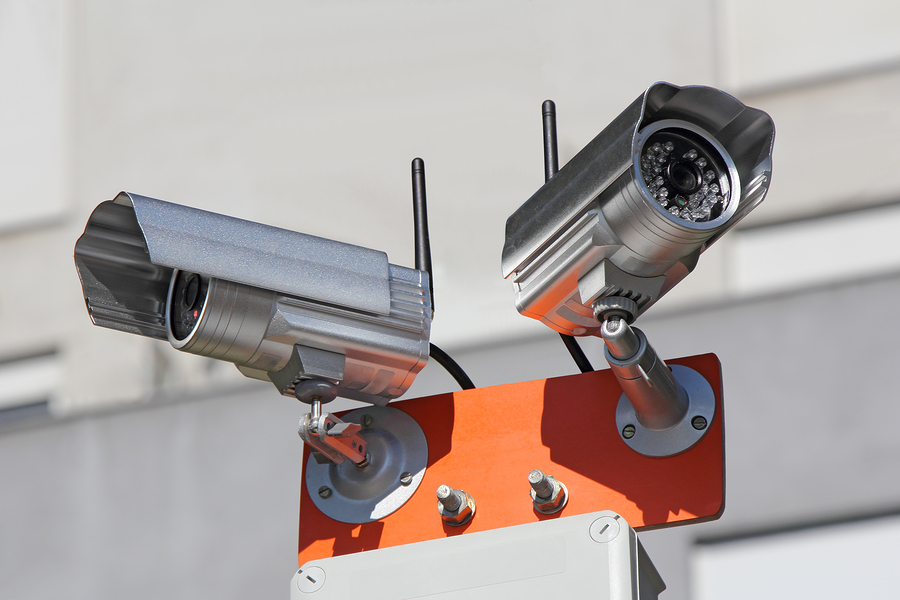Before you can accurately determine whether you need hardwired or wireless security cameras in NZ, you’ll first want to take some time to understand the pros and cons of each choice. The truth is that each one is better suited for certain applications, budgets and needs.
The best way to get started is to review a good home security checklist which will help you determine exactly how secure your home or business actually is and where any security issues are most likely to occur. Then, using the information presented here, you can decide which of these type of security cameras are best for your needs.
Hardwired Security Cameras
Often, hardwired options are the least expensive in terms of purchasing them outright, but the installation costs can quickly skyrocket – particularly if you request the installer to run the wires inside of existing walls.
Of course, if you will be installing the system as the structure is being built, some of that cost can be alleviated. It is also possible for wiring to be hidden behind baseboards and under carpeting to provide aesthetic appeal without having to drill into the walls.
Expansions and Additions
Another great benefit of the hardwired choices is that they are completely expandable, which means you can add additional cameras and motion detectors at just about any time simply by having them connected to the main panel.
However, when families move or when businesses change location, this can present some problems since removing the system as a whole may become impossible. They come with keypads and sensors placed on doors and windows, but there are other accessories that can be added along the way to increase the security in your home or business.
Interference and Repairs
In terms of reliability and adaptability, these have some benefits and drawbacks, as well. First of all, because each component is directly wired into the main panel, interference with other electronics is typically not an issue.
However, in the event that something would go wrong, repairs could become expensive – particularly if technicians must get into the walls in order to discover or fix the underlying problem.
Wireless Security Cameras
Like their hardwired counterparts, wireless security cameras also utilize sensors that are placed on windows and doors throughout your home or business. However, rather than transmitting signals through wires, these signals are sent and received wirelessly.
This option is often more expensive in terms of purchase price, but installation is generally less expensive since it doesn’t require the installation of wires behind baseboards, carpeting or walls.
Expansions and Additions
Wireless security cameras are also quite expandable since most units allow for additional accessories to be added without the trouble of hard wiring them. When businesses change locations or when families move to new homes, these systems are easy to move, as well, since there is no wiring with which to be concerned.
There are keypads on doors and other accessories, such as motion detectors, can be added to them at any time. Repairs are generally easier, as well, since it is easier for the technicians to reach the equipment and determine the underlying issues.
Interference and Repairs
Because wireless security cameras depend upon signals being transmitted to and from receivers, it is possible that they could pick up interference from other wireless devices such as cellphones, baby monitors and wireless telephone handsets.
This may trigger unwanted false alarms. Finally, in the event that a clever burglar were to attempt to break into your home or business, these systems are much easier to disable than their hardwired counterparts.
Summary
In conclusion, determining which camera system is best truly depends upon your unique situation and needs. For instance, if you live in an older home, drilling into walls and structures for security purposes may not be feasible.
What’s more, if your business is particularly large and has many offices, wireless security cameras may not be the best option since sensors located the farthest from the receiver may not send a signal strong enough in the event of a breach.
The most important thing to consider, then, when deciding between hardwired and wireless security cameras NZ
- The square footage of your home or business
- The amount of money that you are willing or able to invest,
- Whether or not you intend to remain in that location for a long period of time.
For an overview of the top brands of home security cameras in NZ, take a look at this article
Of course, while cost is important, so is maintaining a safe environment for your family, employees and clients.

